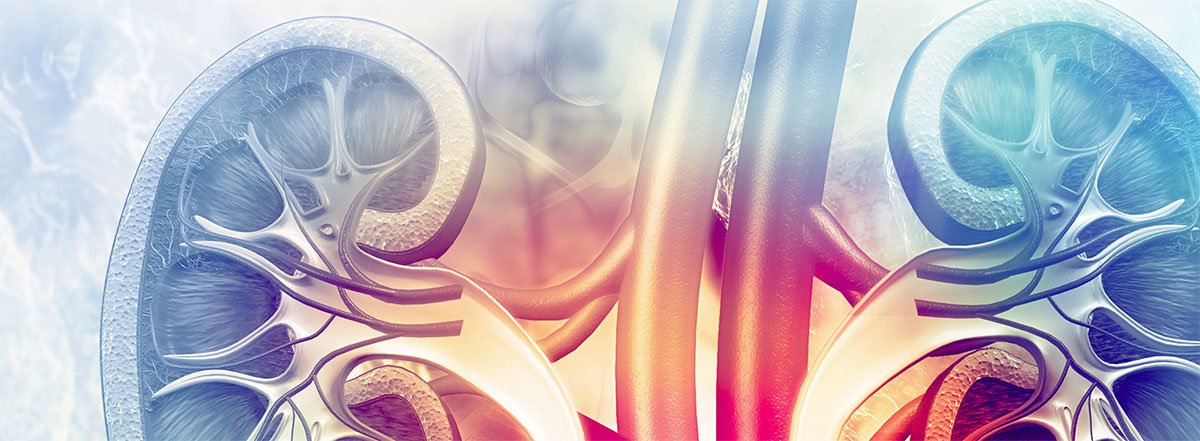KIDNEYS AND DIABETES
KIDNEYS AND DIABETES: WHAT YOU NEED TO KNOW
Managing diabetes can be a full-time job—and it’s not just about blood sugar. Diabetes increases the risk of other health issues like heart disease, vision problems, nerve damage, and kidney disease. The good news? Many of the same steps that help prevent one of these complications can help prevent the others too.
Diabetes and kidneys are closely linked: 1 in 3 people with diabetes also have chronic kidney disease. Your providers of Renal Specialists of Houston care for many patients with diabetic kidney disease, and are committed to caring for you.
EARLY DETECTION MATTERS
Catching diabetic kidney disease early gives you a chance to protect your kidneys. If kidney damage progresses too far, dialysis or a transplant may be needed. Kidney disease also raises your risk of heart problems.
SYMPTOMS
Diabetic kidney disease often has no symptoms until significant damage is done—even after 80% or more of kidney function is lost. That’s why regular screening is so important. Your provider will typically check for a protein called albumin in your urine and order blood tests that measure kidney function.
RISK FACTORS FOR DEVELOPING DIABETIC KIDNEY DISEASE
Certain groups of diabetic patients, including African Americans, Mexican Americans, and Native Americans, are at higher risk for developing kidney disease. Other risk factors include:
• High blood sugar over time
• High blood pressure
• Being overweight or obese
• Smoking
• High cholesterol
• Having eye (retinopathy) or nerve (neuropathy) complications from diabetes
DIAGNOSIS
Small amounts of albumin in the urine (microalbuminuria) indicate early kidney stress. Larger amounts suggest more advanced diabetic kidney disease.
COMPLICATIONS
The biggest concern is progression to kidney failure requiring dialysis or transplant. Kidney disease also significantly increases your risk of heart failure and cardiovascular events.
PREVENTION & MANAGEMENT
Preventing diabetic kidney disease is possible with some of the same actions used to treat it! These steps also help prevent eye, nerve, heart, and vascular complications:
• Control blood sugar: Your target A1c will be established by your diabetic doctor.
• Control blood pressure: The usual target is below 130/80 mmHg; we will discuss your personal goal.
• Healthy lifestyle: Reducing salt intake, maintaining a healthy weight, avoiding tobacco and exercising regularly, can all contribute to healthy kidneys.
Medications may also be prescribed to slow progression of diabetic kidney disease; you may have seen and heard of some of these on commercials or social media. Renal Specialists of Houston providers will determine if these are beneficial for you:
• Angiotensin Converting Enzyme Inhibitors or Angiotensin Receptor Blockers (ACE inhibitor or ARB)
• Sodium-Glucose Cotransporter-2 Inhibitors (SGLT2 inhibitor)
• Mineralocorticoid Receptor Antagonists (MRA, such as spironolactone or finerenone)
ONGOING MONITORING
Regular follow-up is essential! Repeated urine and blood tests help monitor how well treatments are working and whether adjustments are needed. Remember, our team of specialists is here to support you through every stage of your journey – from detection to treatment and monitoring.
When you subscribe to the blog, we will send you an e-mail when there are new updates on the site so you wouldn't miss them.



